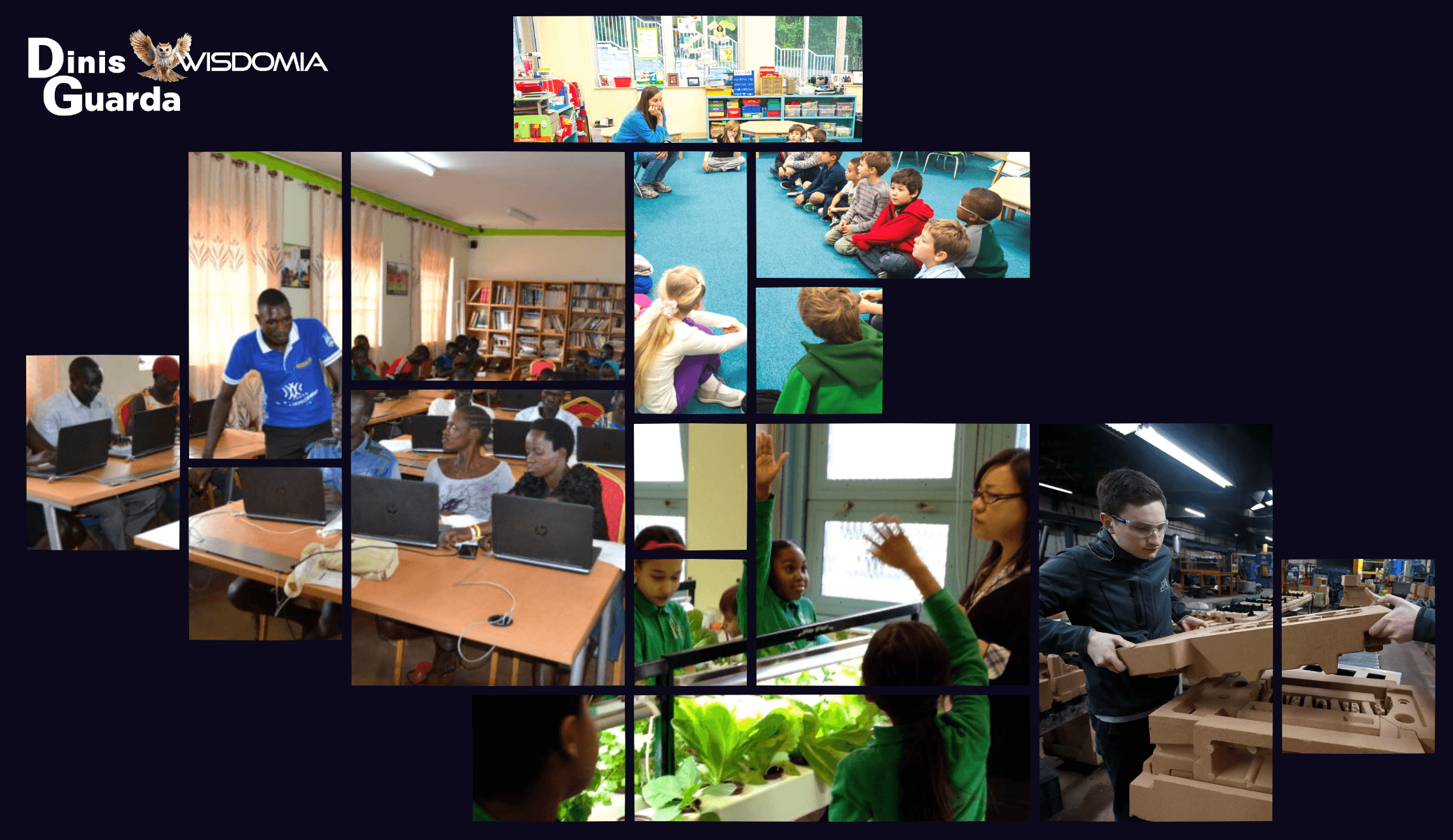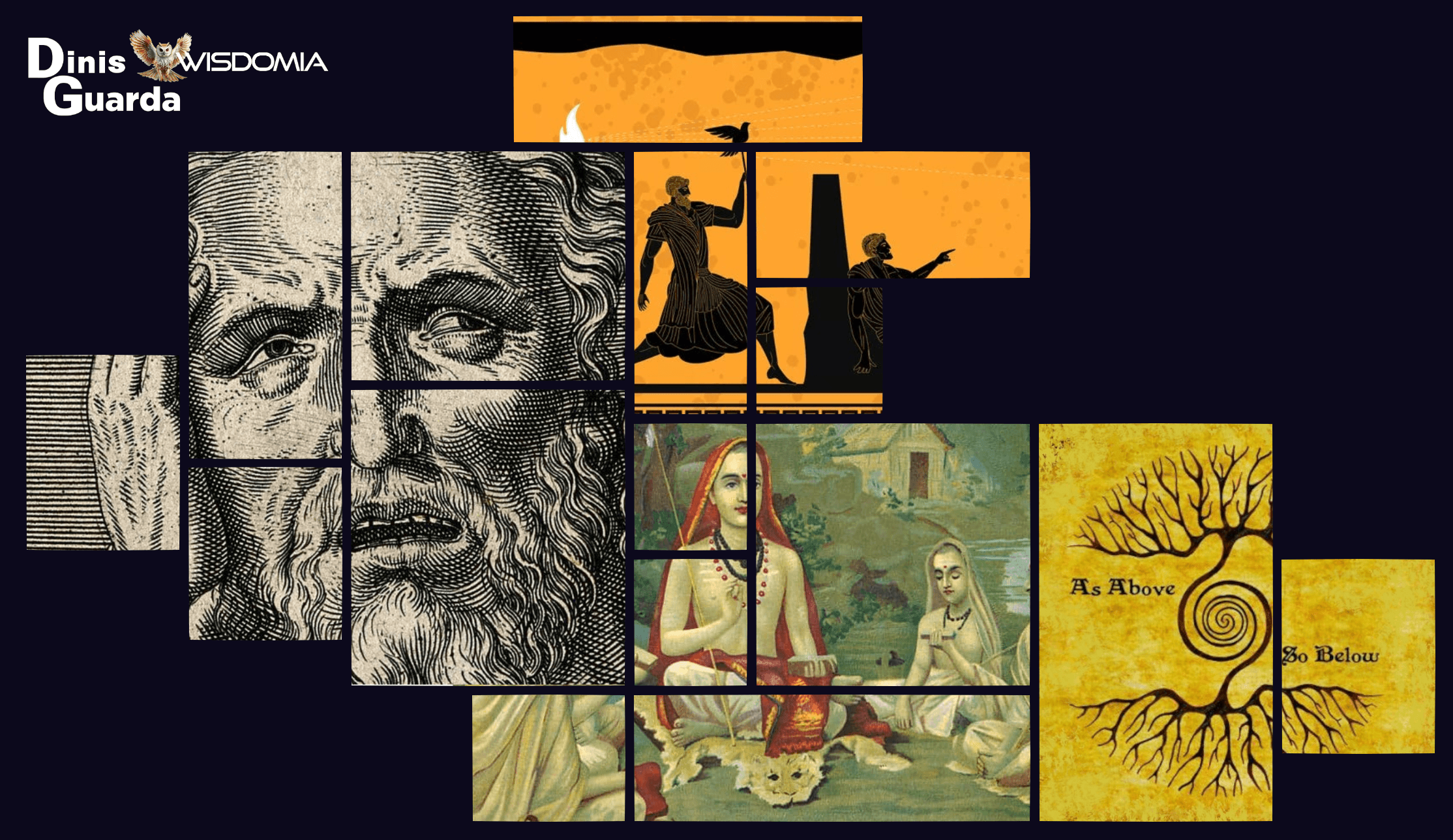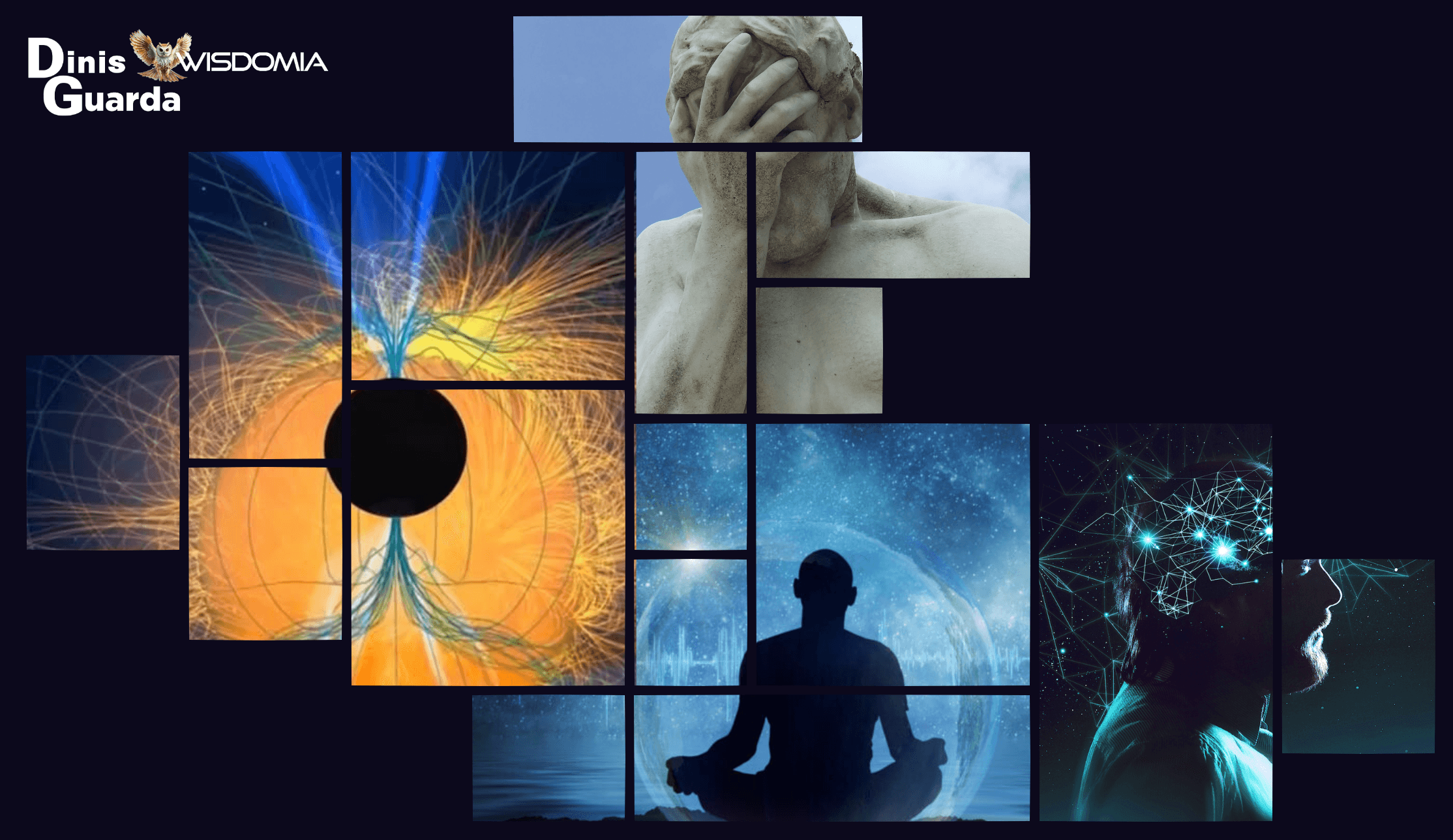How to Get Better at Maths: A Journey from Fear to Fluency
Hind MoutaoikiIR&D Manager
Mon Jun 30 2025

There's a particular kind of panic that mathematics can inspire—that cold grip of incomprehension when symbols swim before your eyes like hieroglyphs from a lost civilisation. Perhaps you've felt it: that sinking sensation when confronted with an equation, the whispered voice that says you're simply "not a maths person," the weight of accumulated years of confusion settling on your shoulders like an unwelcome cloak.
But here's what I've learned in my years of watching minds bloom and confidence grow: that voice is lying to you. Mathematical thinking isn't a gift bestowed upon the chosen few—it's a language, and like any language, it can be learned with patience, practice, and the right approach. The journey from mathematical anxiety to mathematical fluency is not just possible; it's one of the most rewarding transformations you can undertake.
The Great Misconception
Let's begin by addressing the elephant in the room—the myth that mathematical ability is fixed at birth. This belief has caused more educational heartbreak than perhaps any other misconception. The truth is rather more liberating: your brain is remarkably plastic, capable of forming new neural pathways well into old age. Mathematical thinking is not about being clever; it's about being persistent, curious, and willing to engage with patterns and relationships.
Think of mathematics not as a collection of arbitrary rules to memorise, but as humanity's attempt to describe the profound patterns that govern our universe. From the spiral of a nautilus shell to the rhythm of your heartbeat, from the structure of a symphony to the flow of traffic—mathematics is everywhere, waiting to be recognised rather than conquered.
Starting Where You Are
The first step in improving at mathematics isn't to rush ahead to complex concepts, but to make peace with where you currently stand. There's no shame in having gaps in your mathematical foundation—we all do. The shame lies only in pretending these gaps don't exist or in allowing them to paralyse us with fear.
Begin with an honest assessment, but approach it with the gentle curiosity you might bring to exploring a new city. Where do you feel confident? Where do the paths become unclear? This isn't about judgment; it's about mapping the territory so you know where to begin your journey.
The Art of Mathematical Thinking
Here's what many people don't realise about mathematics: it's not primarily about calculation—it's about thinking. The most important mathematical skill isn't the ability to multiply large numbers in your head, but the capacity to see relationships, to recognise patterns, and to think logically about problems.
This means that getting better at maths often involves slowing down rather than speeding up. When you encounter a problem, resist the urge to immediately start calculating. Instead, pause. What is the problem actually asking? What information have you been given? What do you need to find out? This contemplative approach transforms mathematics from a race against time into a thoughtful conversation with ideas.
Consider keeping a mathematical journal—not for calculations, but for thoughts. When you solve a problem, write about how you approached it. When you make a mistake, explore why it happened. When you have a breakthrough, capture that moment of understanding. This practice develops metacognition—thinking about thinking—which is perhaps the most powerful mathematical skill of all.
The Power of Visual Thinking

Mathematics is often presented as an abstract, symbolic language, but for many people, visual approaches unlock understanding in profound ways. Don't underestimate the power of drawing, diagramming, and visualising mathematical concepts.
If you're working with fractions, draw circles and divide them. If you're exploring algebra, use geometric shapes to represent variables. If you're tackling statistics, create graphs and charts. The visual cortex is remarkably powerful, and engaging it can transform abstract concepts into concrete understanding.
This isn't "dumbing down" mathematics—it's enriching it. Many of history's greatest mathematicians were also visual thinkers. They understood that mathematics is not just about symbols on a page, but about the deep structures and relationships that those symbols represent.
Building Mathematical Resilience
Mathematical fluency requires what psychologists call "productive persistence"—the ability to stick with challenging problems without becoming overwhelmed by frustration. This is a skill that can be developed, and it's perhaps more important than any specific mathematical technique.
Start by celebrating small victories. When you solve a problem that previously puzzled you, acknowledge that achievement. When you understand a concept that once seemed opaque, recognise your growth. These moments of recognition build the confidence necessary for tackling increasingly challenging material.
Develop a growth mindset about mistakes. In mathematics, errors are not moral failings—they're information. They tell you where your current understanding has gaps, where your thinking needs refinement. The most successful mathematics students aren't those who never make mistakes; they're those who learn most effectively from the mistakes they do make.
Technology as an Ally
We live in an age of unprecedented access to mathematical tools and resources. Use technology wisely—not as a replacement for thinking, but as an amplifier of your capabilities. Graphing calculators can help you visualise functions. Computer algebra systems can handle tedious calculations, freeing you to focus on conceptual understanding. Online platforms can provide personalised practice and immediate feedback.
But remember: the goal isn't to become dependent on these tools, but to use them to develop deeper mathematical intuition. Use a calculator to check your arithmetic, but make sure you understand the underlying principles. Use graphing software to explore mathematical relationships, but ensure you can interpret what you're seeing.
The Long View
Mathematical fluency is not achieved in weeks or months—it's a lifelong journey of discovery and growth. This might seem daunting, but it's actually liberating. You don't need to master everything at once. You can take your time, build steadily, and enjoy the process of gradual understanding.
Set realistic goals and celebrate progress rather than perfection. Perhaps this month you'll master fractions. Perhaps next month you'll feel comfortable with basic algebra. Perhaps by year's end, you'll find yourself actually enjoying mathematical thinking. Each step builds on the last, creating a momentum that becomes increasingly powerful over time.
The Transformation Awaits
The journey from mathematical anxiety to mathematical confidence is profound in ways that extend far beyond calculation. As you develop mathematical thinking, you're also developing logical reasoning, problem-solving skills, and intellectual resilience that will serve you in every area of life.
You're also joining a conversation that has been ongoing for thousands of years—a conversation about pattern, structure, beauty, and truth. You're developing a new way of seeing the world, one that reveals the hidden harmonies and elegant relationships that underlie reality.
The mathematician often speaks of mathematical beauty—the aesthetic pleasure that comes from elegant proofs, surprising connections, and profound insights. This beauty is not reserved for the mathematically gifted few. It's available to anyone willing to approach mathematics with patience, curiosity, and persistence.
Your mathematical journey begins not with the first problem you solve, but with the first moment you decide that you are, indeed, capable of mathematical thinking. That moment might be now. The path stretches ahead, full of challenges and discoveries, frustrations and breakthroughs, questions and revelations.
Take the first step. The mathematics is waiting for you, patient and eternal, ready to reveal its secrets to anyone willing to listen. And you, despite what you might have been told, despite what you might have believed about yourself, are absolutely capable of joining this ancient conversation.
previous
What Does Nothing Look Like? A Journey into the Heart of Emptiness
next
Review: Businessabc AI Global Summit 2025
Share this
Hind MoutaoikiI
R&D Manager
Hind is a Data Scientist and Computer Science graduate with a passion for research, development, and interdisciplinary exploration. She publishes on diverse subjects including philosophy, fine arts, mental health, and emerging technologies. Her work bridges data-driven insights with humanistic inquiry, illuminating the evolving relationships between art, culture, science, and innovation.
More Articles

Community as Classroom: When the Village Teaches : Redefining Where Learning Happens

Each Being Is Humanity: The Cosmic Responsibility of Conscious Participation

When Ancient Wisdom Met Quantum Physics: The Philosophical Synthesis

The Mirror Universe: Why Reality Reflects All Your Signals

Who Does What: The Stakeholder Action Plan for Universal AI Accessibility





